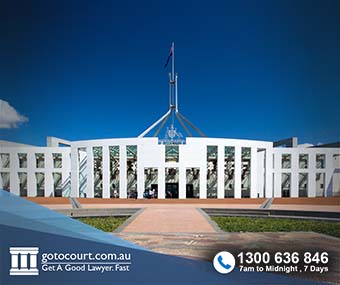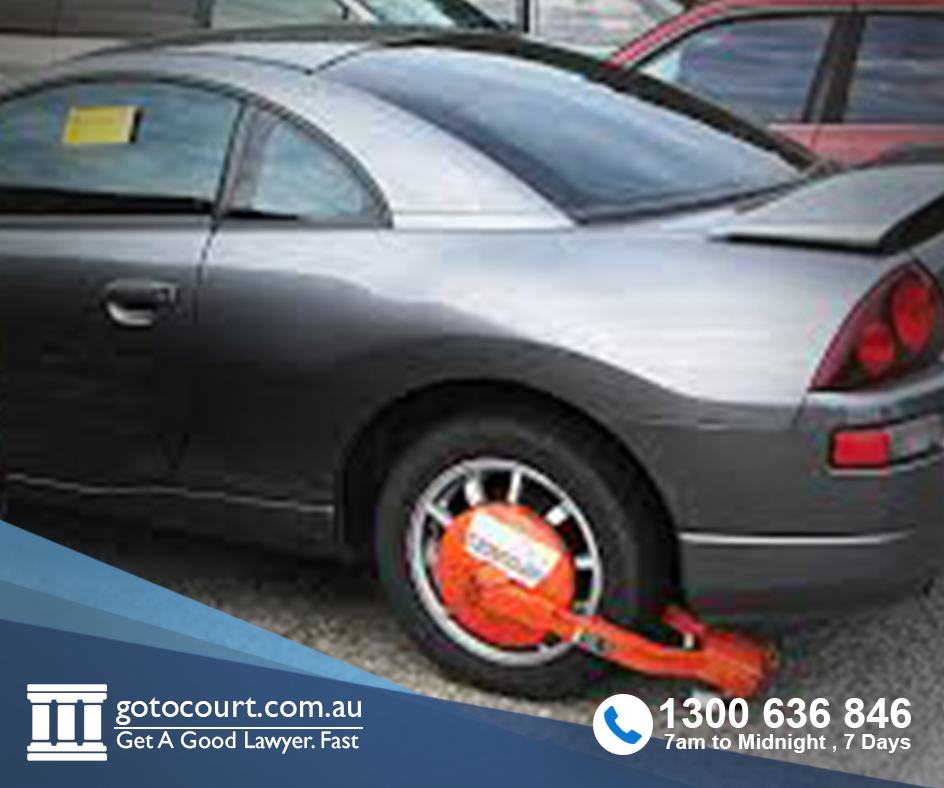Call our lawyers
now
or,
have our lawyers
call you
Covid-19 Restrictions (WA)
Updated on Aug 18, 2022 • 6 min read • 314 views • Copy Link
Covid-19 Restrictions (WA)
Please note that this post was published on 9 June 2020. The information on this page is no longer accurate.
The World Health Organisation declared Covid-19 a pandemic on the 11 March 2020. On the 15 March 2020 the Western Australian Minister for Emergency Services and the State Government declared a State of Emergency in WA under the Emergency Management Act 2005 and a Public Health Emergency under the Public Health 2016 Act. Under these declarations, a number of Directions were made imposing COVID-19 restrictions in the interests of public health and safety.
The COVID-19 restrictions included:
- The closure of Western Australian borders restricting travellers from entering Western Australia unless exempt;
- Restriction of travel within Western Australia unless exempt;
- Closure of specific business and community activities;
- Self-solation and quarantine to limit the spread of Covid-19; and
- Other directions pursuant to Emergency Management Act 2005.
Travel restrictions into Western Australia
The Western Australian State Government imposed strict border controls to limit the spread of Covid-19. The COVID-19 restrictions prevent any person from entering Western Australia without an exemption.
In order to obtain an exemption, a person must meet the criteria outlined in the Quarantine (Closing the Border) Directions. To apply for an exemption to the directions you must be:
- A senior government official in the course of their duties;
- A member of the Commonwealth Parliament and their staff;
- Active military personnel on duty in Western Australia;
- A person with specialist skills not available in Western Australia;
- An emergency service worker;
- A judicial officer or staff member of a court or tribunal or commission;
- A person carrying out a function under a Commonwealth law;
- A member of a health service, when requested by the Chief Health Officer of the Department of Health;
- A fly in fly out worker or their family members;
- Travelling for urgent and essential medical treatment;
- Attending a relative’s funeral or visiting a relative who is critically ill or whose death is imminent;
- Transport, freight and logistics;
- Eligible for an exemption on compassionate grounds.
If a person meets the above criteria, they may apply for an exemption. A person is required to submit their application at least three days prior to the date of proposed travel.
If an Australian citizen or permanent resident is arriving back in Australia, they will be subject to the Australian Government’s mandatory quarantine period of 14 days. The Australian government provided the person with suitable accommodation to stay in during this period. The person is not permitted to travel domestically including to their home or continue on any domestic connections until they have completed the 14 day mandatory quarantine period. If a Western Australian resident wishes to return home from domestic travel, the person is also required to apply for an exemption to enter the state. If the exemption is granted, the person is also required to self-isolate for 14 days upon returning to Western Australia.
Penalties for breaching COVID-19 Restrictions
On 2 April 2020 the Emergency Management Amendment (Covid-19 Response) Bill 2020 was passed through both houses of the Western Australian State Parliament. The purpose of the bill was to amend the Emergency Management Act 2005 in response to the Covid-19 pandemic. The amendments implemented new laws to assist with the enforcement of self-isolation and increased the penalties for failing to comply with directions in response to the Covid-19 pandemic.
The amendments enabled authorised officers to issue directions necessary to impose self-isolation and social distancing requirements. Should a person fail to comply with a direction of an authorised officer, it enabled the authorities to issue on the spot fines of $1,000 for individuals and $5,000 for businesses. These penalties were to act as a deterrent against members of the community who did not abide by the COVID-19 restrictions.
Section 70 of the Emergency Management Act 2005 states that during an emergency situation or state of emergency, a hazard management officer or authorised officer may direct any person who has been exposed, or any class of person who may have been exposed:
- to remain in an area specified by the officer for such period as is specified by the officer;
- to remain quarantined from other persons for such period, and in such reasonable manner, as is specified by the officer;
- to submit to decontamination procedures within such reasonable period, and in such reasonable manner, as is specified by the officer.
Section 70 of the Act will be invoked by the authorised officer upon any person returning to Western Australia from domestic or international travel.
Section 86 of the Act provides that a person given a direction under section 70 is liable to a penalty of 12 months’ imprisonment or a maximum fine of $50,000.
Pursuant to section 70A, a person can be subjected to electronic monitoring while they are in self-isolation pursuant to section 70. Any person who fails to comply with a direction under this section or obstructs or hinders an authorised officer from exercising their powers under the section is liable to a penalty of imprisonment for 12 months or a fine of $12,000.
Amendments to the Act also included powers to compel people to provide information about any recent travel or people they had been in contact with and enabled the closure of any road, access route, areas of water in or leading to an emergency area to be closed.
Regional travel restrictions
During the Covid-19 pandemic, the State Government restricted regional travel within Western Australia. As at 5 June 2020, majority of the regional travel restrictions were lifted within Western Australia. Travel is now permitted throughout Western Australia with the exception of the Kimberley region, parts of the Shire of East Pilbara, the Shire of Ngaanyatarraku and other remote aboriginal communities.
As with international travel and returning to Western Australia, travel exemptions are required to travel to these areas. These exemptions include travelling to work, attending medical appointments, transporting freight, returning to a place of residence, attending school or an educational institution, caring for family members and other compassionate grounds.
Checkpoints and police patrols are in place to monitor travel across boundaries. a person can be issued with fines of up to $50,000 for breaching these regional restrictions.
If you require legal advice or representation in a relation to COVID-19 restrictions or in any other legal matter, please contact Go To Court Lawyers.

Affordable Lawyers
Our Go To Court Lawyers will assist you in all areas of law. We specialise in providing legal advice urgently – at the time when you need it most. If you need a lawyer right now, today, we can help you – no matter where you are in Australia.How It Works











1. You speak directly to a lawyer
When you call the Go To Court Legal Hotline, you will be connected directly to a lawyer, every time.


2. Get your legal situation assessed
We determine the best way forward in your legal matter, free of charge. If you want to go ahead and book a face-to-face appointment, we will connect you with a specialist in your local area.


3. We arrange everything as needed
If you want to go ahead and book a fact-to-face appointment, we will connect you with a specialist in your local area no matter where you are and even at very short notice.













